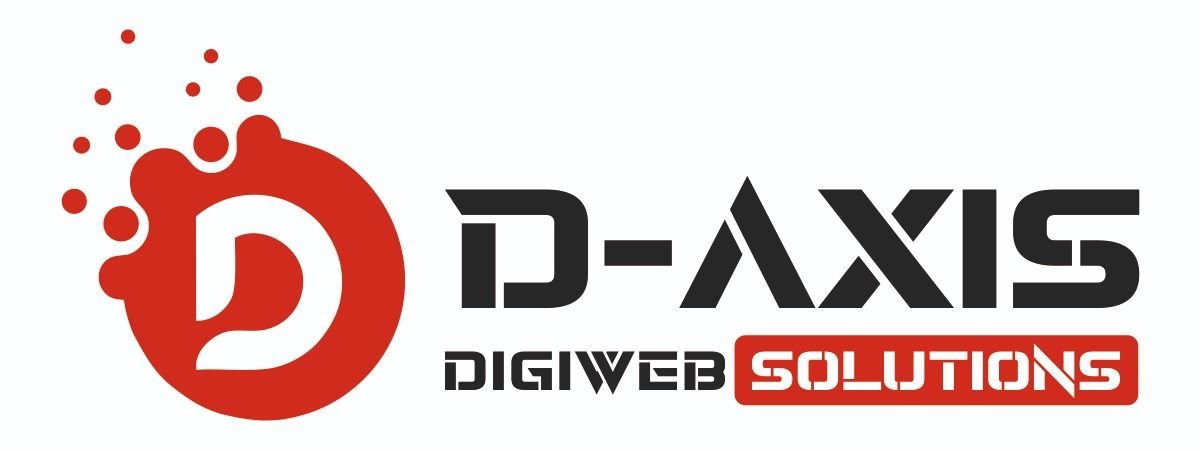
DevOps Engineer Overview
A DevOps Engineer is responsible for bridging the gap between development and operations teams and ensuring that software is delivered quickly and reliably. They are involved in the entire software development lifecycle, from development and testing to deployment and operations. DevOps Engineers work to streamline the software delivery process by automating tasks, implementing tools and processes, and collaborating with development and operations teams.
Key Skills :
Knowledge of coding and scripting languages: A DevOps Engineer should have expertise in programming languages such as Python, Ruby, Java, or Bash, to automate the deployment process.
Experience with automation tools: Automation is a key component of DevOps, so a DevOps Engineer should be familiar with popular tools such as Jenkins, Puppet, Chef, Ansible, or Docker.
Understanding of cloud infrastructure: DevOps Engineers should be knowledgeable about cloud platforms such as Amazon Web Services (AWS), Microsoft Azure, or Google Cloud Platform (GCP) to deploy and manage cloud-based applications.
Collaboration and communication skills: DevOps Engineers work with cross-functional teams, so they must be skilled communicators, able to work effectively with developers, operations, and business teams.
Problem-solving skills: A DevOps Engineer should be able to identify and solve complex problems quickly and efficiently, using a data-driven approach.
Continuous learning: A DevOps Engineer should be willing to learn new technologies and processes as the field of DevOps evolves rapidly.
Security mindset: With security becoming an increasingly important aspect of software development, a DevOps Engineer should be familiar with security best practices and understand how to secure applications and infrastructure.
Monitoring and analytics: DevOps Engineers should be proficient in monitoring and logging tools such as Nagios, Prometheus, or ELK Stack, to detect and analyze issues in real-time.
Why we need to hire to DevOps Engineer
Faster software delivery: DevOps Engineers are responsible for automating processes and implementing tools that streamline the software delivery process, resulting in faster time-to-market.
Improved collaboration: DevOps Engineers work closely with development and operations teams, fostering collaboration and communication between the two groups.
Increased reliability: By automating tasks and implementing best practices, DevOps Engineers can improve the reliability of software and reduce the likelihood of errors and outages.
Cost savings: DevOps Engineers can implement cost-saving measures by optimizing cloud infrastructure and reducing downtime.
Competitive advantage: A strong DevOps practice can give a company a competitive advantage by enabling faster and more reliable software delivery, which can result in increased customer satisfaction and loyalty.
Our Client
Trusted clients rely on our expertise to provide them excellent services for their recruitment needs.




